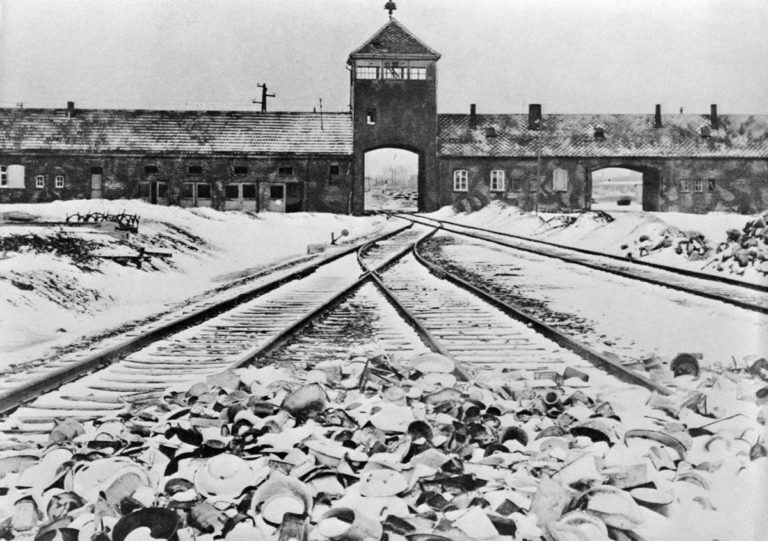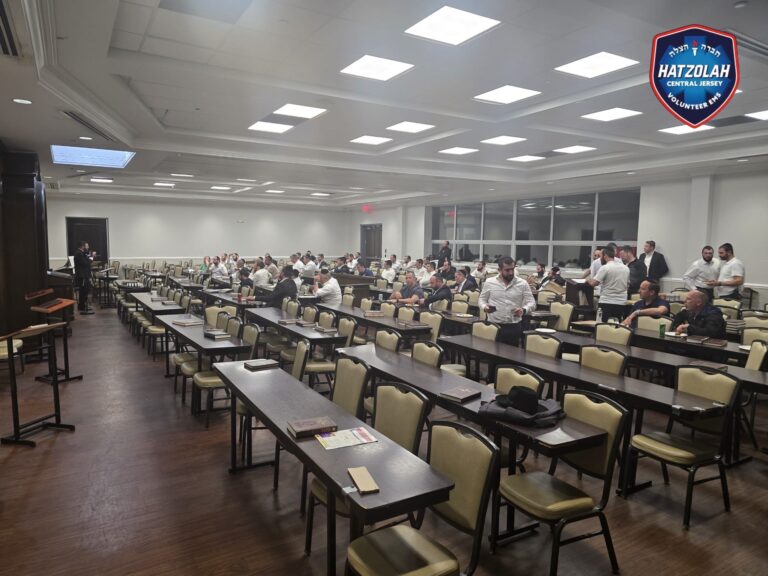 A new report is raising more red flags about World Trade Center attack-related illness for those who took part in the rescue and recovery following the September 11th terrorist attacks.
A new report is raising more red flags about World Trade Center attack-related illness for those who took part in the rescue and recovery following the September 11th terrorist attacks.
Multiple myeloma, a type of blood cancer, usually affects people aged 60 and above. But researchers at Mount Sinai School of Medicine are reporting what they call an “unusual” number of World Trade responders developing this type of cancer at much younger ages.
“What we’re seeing is, we have four cases under [age] 45. We would only expect one based on the size of our population,” said Dr. Jacqueline Moline, the director of Mount Sinai’s World Trade Center Medical Monitoring and Treatment Program.
In addition to those cases, four others have been confirmed and researchers are also in the process of investigating eight more. That would bring the tally to 16 in a pool of about 30,000 responders participating in the World Trade Center Medical Monitoring and Treatment Program.
While 16 may seem like a small number, the average national rate for myeloma is only about four cases per 100,000 for all age ranges.
One September 11th responder, 42-year-old Alex Sanchez, worked 12- to 14-hour days, seven days a week for six months cleaning dust out of air vents in surrounding skyscrapers following the September 11th attacks.
His health hasn’t been the same since and worries he’s at risk.
“We were just given a paper mask and gloves and goggles. Literally I was inside these ventilators, but it did not occur at the time that I was very much endangering my health,” says Sanchez.
Rescue and recovery workers like Sanchez were exposed to a wide range of toxic chemicals, including benzene and other carcinogens already linked to blood cancers. But Moline says it is still too soon to say the exposures caused the cancers they are seeing.
“We’re just not in a position now to be able to give definite answers,” says Moline. “What we want to make sure, though, is that people are on the lookout, monitoring patients going froward, and saying ‘Something doesn’t seem right. Why is this responder ill? Why do they have this, these symptoms? And could it be a disease that I normally wouldn’t anticipate in someone who is younger, but I can’t rule it out?'”
Eight years following the attacks, doctors and researchers involved in the program say one thing their findings do shore up is the need for continued monitoring as more unexpected health patterns among responders come to the surface.
(Source: NY1)











3 Responses
Refuah shelayma!
i hope that in the zchus of them helping so many ppl. possibly jewish, they will live long healthy lives!!
We lived 25 miles (as the ash flies) from the Twin Towers, & boruch Hashem we sold our house & moved (to Eretz Yisroel 6000 miles away) as fast as possible. Within 2 years we heard that 3 of our young healthy friends had severe pneumonia, strange sudden lung conditions etc., & one died. So let’s finally get beyond the refuah shleimah & need-for-monitoring phase, & frankly admit that a sloppy approach to urgent cleanup was dictated purely by profit motives. Wall Street was up & running — what else mattered? Dedicated, simple folks like Alex Sanchez have always been easy for America Inc. to sacrifice — kind of like throwing one’s children into the fire for Moloch.